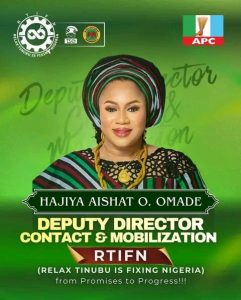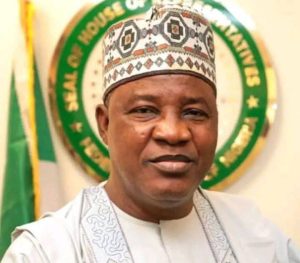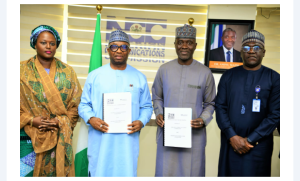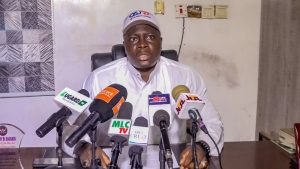Ali Bello’s Bold Bet & Kogi State’s Debt Free Policy
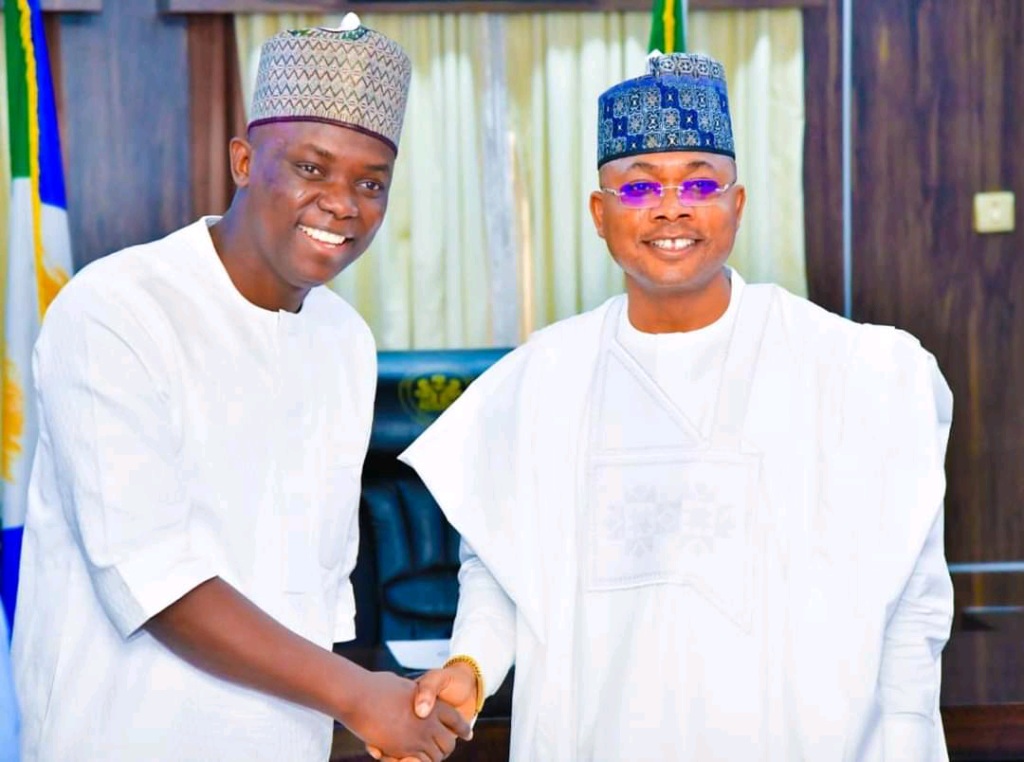
From records, it has been agreed that for a community, society, or nation to thrive, rhetoric needs to be jettisoned, and actions need to be embraced. Above all, there must be a person or some persons willing and working tirelessly to make things work out well for the general interest of the people, even when they don’t make headlines. This is the reality of Alhaji Ali Bello, who is solving issues from the hardest part for sustainable results.
Few days ago, I was doing a brief research on emerging economic hubs in Africa and a lead took me to the economic journey of Rwanda. From genocide to economic miracle, Rwanda’s story is a validation to the power of visionary leadership and strategic planning. The President of Rwanda noted his ambition to make Rwanda the “Singapore of Africa.” His declaration wasn’t just a statement; it was a call to action that has yielded impressive results. Rwanda has witnessed significant economic growth, improving the living standards of many Rwandans. The country’s transformation is a shining example of what can be achieved through determination, hard work, and effective governance.
A closer look at the philosophy and ideologies of Alhaji Ali Bello reveals that true societal development isn’t just about solving today’s problems but also about addressing the challenges of tomorrow. Sustainable development is key to ensuring that progress is not only made but also maintained over time. In Kogi State’s governance system, policies are formulated to tackle current challenges while anticipating future needs. This forward-thinking approach birthed the state’s actionable steps in making Kogi a credit/loan-free state and positioning it as a creditworthy state.
In my last piece titled ‘Ali Bello: The Game Changer & Silent Architect of a United and Prosperous Kogi State’, I promised to chronicle the feats achieved so far with the governing team of Governor Ahmed Usman Ododo’s administration with Ali Bello handling the wheels of strategy. Today, I am beaming my light on making Kogi state debt/loan free policy. For those who are in tune with world realities and understanding macro and micro economics, you will agree with me that so much more is needed in advancing the course of a society, and in this context, our state.
There was a time in history when all we waited for (as per inflows into state account) is the Federal Government allocation (FAAC). Time progresses, and looking outside the box, the state begins to work around generating reasonable revenue internally (IGR). The combination of FAAC and IGR gives room for more developments to spring up and government runs efficiently and effectively. But today’s realities call for a more deeper look at how the state can be sustainably developed. While the FAAC and IGR is big, economically, it’s not enough to set the state on the path of optimal productivity and industrialization. Hence, the need to start looking for foreign direct investments (FDI) and even local investments.
Kogi State has made significant strides in reducing its domestic debt profile, ranking 5th lowest in the country with a domestic debt of ₦20.38 billion as of March 2025, reflecting a remarkable debt reduction of over ₦101.43 billion. This achievement is a testimony to the state’s aggressive implementation of global best practices in financial management, including prudent borrowing, enhanced revenue performance, and strategic expenditure control.
So you will ask me, how can we attract FDI and local investments. There are so many factors investors look at before investing their resources. One amongst them, which is very crucial is, having good credit records. This is to say that when our debt and loan profile is troubling and struggling with huge deficits, we may likely not get the kind of investments we want. A state weighed down by historical debt is not attractive to investors. But a state that settles its liabilities in full.
Now that the state is doing so, it’s a good signal. It shows discipline, that’s a green light for capital inflows. N98.8 billion in debts inherited from previous administrations was liquidated, which include over fifty billion naira bond and those of Zenith bank and United Bank for Africa, UBA among others, marking what economists and other officials described as a major step towards economic recovery and fiscal discipline.
When the question of ‘why pay debts when there’s still infrastructure deficit?’, isn’t that bad fiscal policy?’, etc. were the most comments seen. I smiled because I totally understood. It looks like we just paid yesterday’s bill with today’s hardship. On the surface, it feels counterintuitive, but in macroeconomics, timing is everything. Getting economic plotting right is all about getting your timing right. What the government did wasn’t a poor decision, it’s a monetary policy hack, it’s credibility, it’s fiscal sustainability, and positioning to attract cheaper, long tenor capital from development banks, private equity, sovereign wealth funds, or even green infrastructure financiers.
The marching words with actions traits of Ali Bello have caused all key players in the governing team of Governor Ododo’s administration to sit up and roll up their sleeves to achieve this feat. No time to play to the gallery. Now, beyond FAAC and IGR, we are now seeing investors, both foreign and local, listening to our pitch, picking interests and actions been put to play in setting Kogi State for optimal productivity and industrialization. This is a significant development that will undoubtedly have a positive impact on the state’s economy.
As we move forward, it’s essential to recognize the importance of strategic planning and fiscal discipline in driving economic growth. The leadership of Alhaji Ali Bello as the Chief of Staff and the governing team has demonstrated a commitment to these principles, and the results are already becoming apparent. With a solid foundation in place, Kogi State is at ease for a bright future, and it’s exciting to see the impact of these initiatives on the lives of its citizens.
~ Hamza Yakubu

